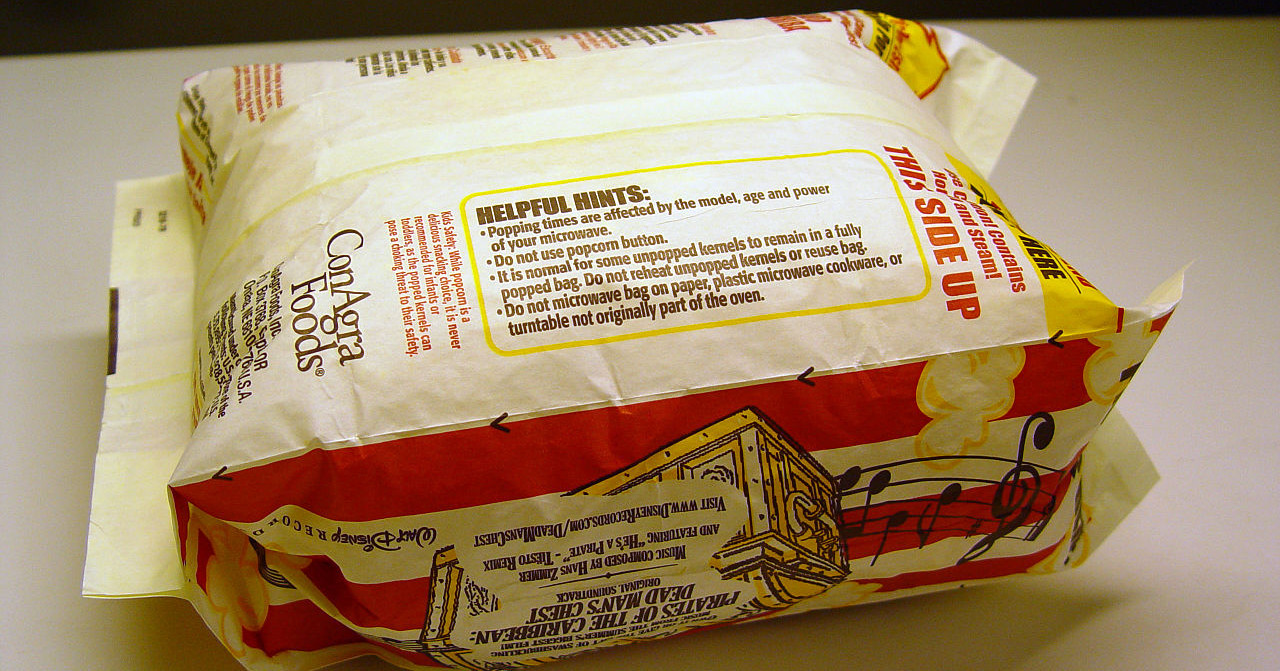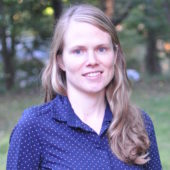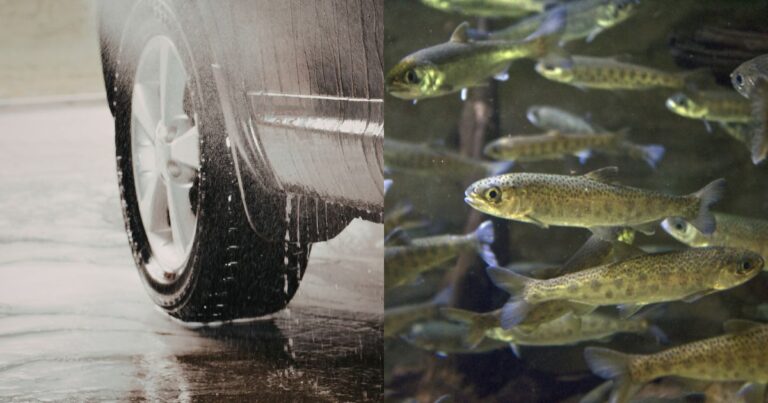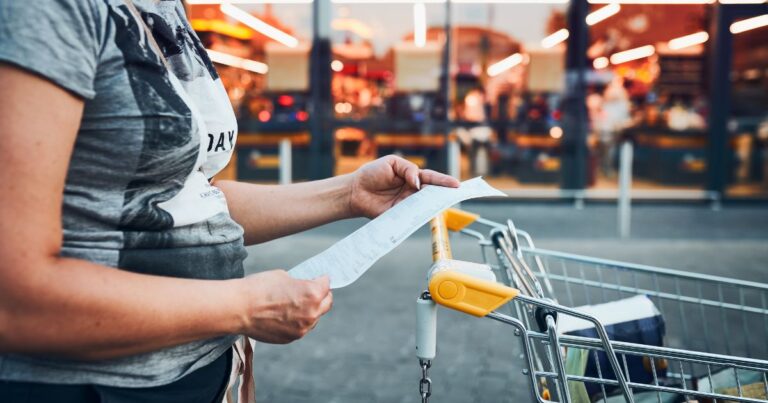Governor Inslee signs historic legislation to protect the public from fluorinated chemicals
Congratulations are in order for Toxic-Free Future, Washington Rep. Joan McBride and other partners in Washington! Today Governor Jay Inslee signed the Healthy Food Packaging Act, which bans toxic non-stick PFAS (per- and polyfluoroalkyl substances) chemicals in paper food packaging. Because of their grease- and water-resistant properties, these chemicals are often added to food packaging, including microwave popcorn bags and fast food wrappers.
PFAS are a class of synthetic chemicals used to repel oil and water from clothing, carpeting, furniture, food packaging, and non-stick surfaces on cookware. Some of them have been linked to cancer, kidney disease and thyroid disease. A recent study even found that exposure to these chemicals may make it harder to keep weight off after dieting.
In a recent study, Silent Spring Institute tested more than 400 paper food wrappers from 27 fast food chains for fluorine—a marker of PFAS. Among dessert and bread wrappers, 56% tested positive whereas 38% of burger and sandwich wrappers did. Scientists have found that these chemicals migrate from wrappers into food. These chemicals are extremely persistent and can stay in the body for up to eight years. They’ve even been found in breast milk.
These chemicals are commonly used to produce:
- Fast food containers
- Microwave popcorn bags
- Waterproof apparel such as raincoats
- Non-stick cookware such as Teflon™
- Personal care products such as dental floss and sunscreen
- Cosmetics such as mascara and eyeshadow
- Stain-resistant carpet and upholstered furniture
According to Toxic-Free Future, Washington’s new law:
- Bans the use of PFAS chemicals in paper food packaging, like microwave popcorn bags, sandwich and butter wrappers, and french fry boxes, on January 1, 2022, as long as the Department of Ecology identifies that safer alternatives to PFASs are available by January 1, 2020.
- If Ecology is not able to identify a safer alternative by January 1, 2020, then the ban does not go into effect and Ecology must review the availability of alternatives every year.
- Once Ecology does identify a safer alternative, the ban goes into effect 2 years after the alternatives are identified.
Congratulations again to everyone who worked on this bill! We’re looking forward to seeing the impact it has across the country.





